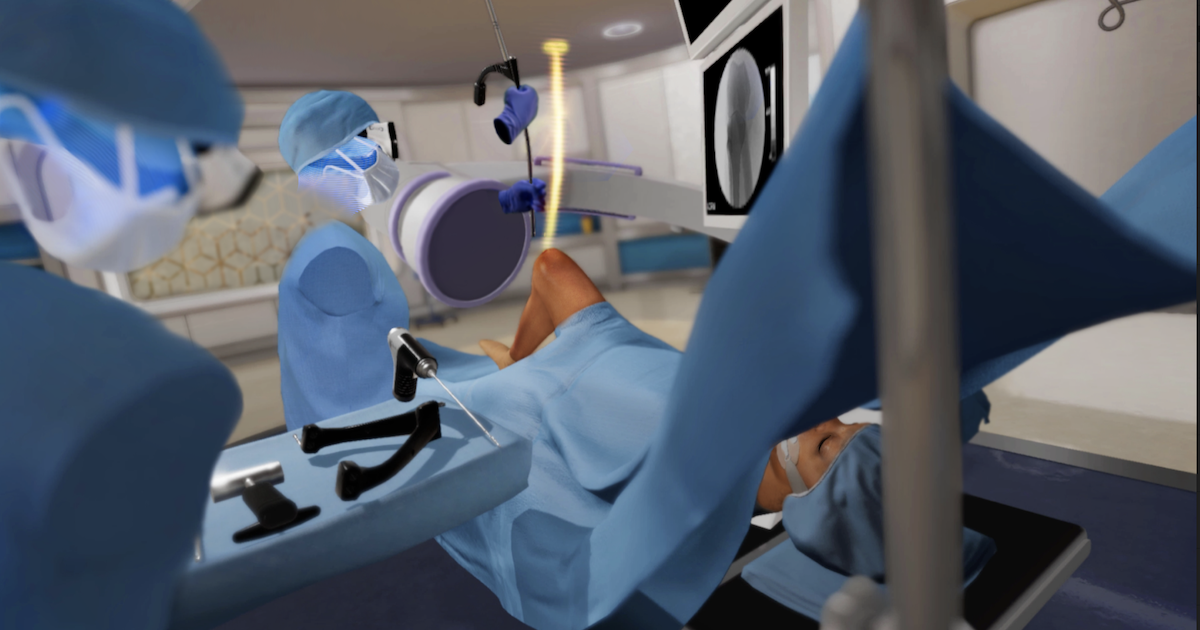
Virtual reality surgical training tool Osso VR is rolling out a new multimodal assessment tool. The new tool lets students and clinicians test their understanding of specific workflows and how to react when something goes wrong during the operation. Students are able to test their skills step by step with haptic sensors, which give users more sensory feedback.
The multimodal assessment is also able to help users, educators and health systems track a student’s or clinician’s specific milestone proficiencies.
This news coincides with the announcement that Osso’s platform will now be available in languages beyond English, including Japanese, Spanish, German and French.
Osso has been working on assessment tools for some time. Its platform already has an assessment tool that helps users look at their technical skills and proficiency data.
WHY IT MATTERS
The company pitches this tool as a way to help surgeons fine tune their skills and cut down on mistakes.
Medical errors are a big issue in the healthcare community. In fact, in 2016, Johns Hopkins reported that more than 250,000 deaths per year had to do with medical errors in the U.S.
“As a practicing surgeon it is difficult for me to get a sense for where I have opportunities to improve,” Dr. Justin Barad, CEO of Osso VR, said in a statement. “I had a vision when starting Osso VR that shifting from intuitive and subjective assessments towards highly accessible objective measurement could transform how we deliver procedural care around the world. When the results started coming back from independent validation studies I was blown away by the impact this information can have on the outcome of a procedure.”
THE LARGER TREND
In July, Osso VR announced a $27 million Series B funding round taking the company’s total raise to roughly $43 million. At the time of the funding announcement, the startup said the money would go towards expanding its library and platform capabilities.
Several companies are looking to help surgeons train through virtual reality. For example, U.K. companies FundamentalVR and Touch Surgery have both created platforms that use VR to help surgeons practice their skills.
